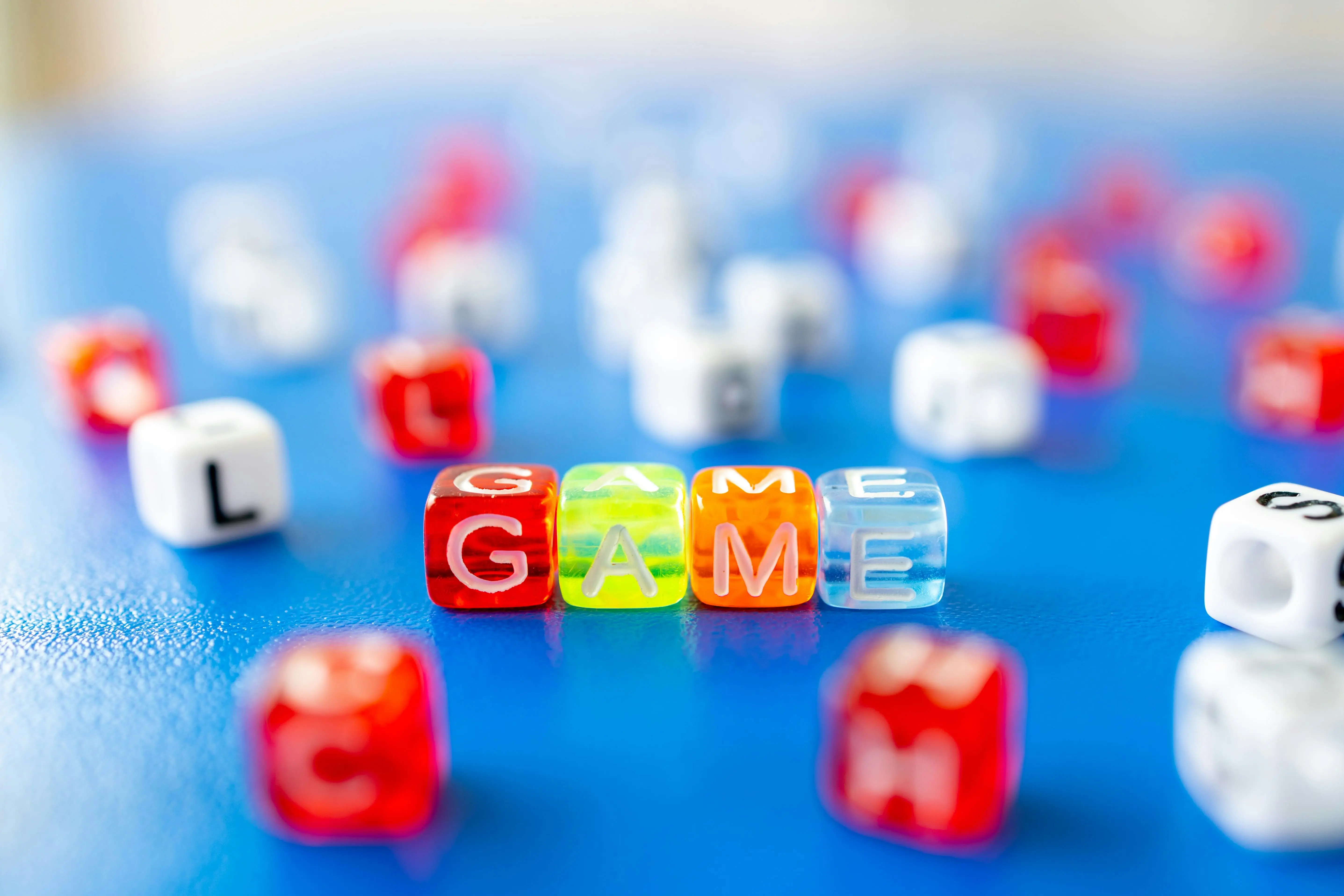The Cognitive Mechanics of Flashcard Learning
At their core, flashcards exploit one of the most powerful learning mechanisms known to cognitive science: active recall. Unlike passive reading or highlighting, flashcards force your brain to actively retrieve information, creating stronger neural connections and more durable memories.
When you encounter a flashcard, your brain doesn't just passively absorb information—it engages in a complex process of information retrieval. This mental exercise strengthens synaptic pathways, making future recall faster and more reliable. It's similar to how physical exercise builds muscle memory, except you're building cognitive muscle.
Beyond Simple Memorization: The Retrieval Practice Advantage
Traditional study methods often create what researchers call an "illusion of knowledge", a false sense of understanding that quickly evaporates under real-world application. Flashcards systematically dismantle this illusion by demanding genuine comprehension.
Each time you flip a card and attempt to recall the answer before checking, you're participating in what psychologists term "retrieval practice." This isn't just memorization; it's an active learning process that:
- Identifies genuine knowledge gaps
- Challenges your understanding
- Builds confidence through repeated successful recall
- Transforms information from short-term to long-term memory
Spaced Repetition: The Timing Matters
Effective flashcard systems incorporate spaced repetition, a learning technique where review intervals are progressively extended. This approach aligns perfectly with how human memory consolidates information.
When you review a concept just as you're about to forget it, you're essentially telling your brain, "This information is important." Each subsequent review strengthens the memory trace, creating more resilient and accessible knowledge.
Versatility Across Learning Domains
Flashcards aren't limited to simple fact memorization. Modern approaches use flashcards for complex learning scenarios:
- Language acquisition
- Medical and scientific terminology
- Historical dates and context
- Mathematical formulas and problem-solving techniques
- Professional certification preparation
The key is designing flashcards that challenge deeper understanding, not just surface-level recall.
Psychological Benefits: More Than Just Memory
Regular flashcard practice offers profound psychological benefits beyond information retention. By providing immediate feedback and creating a structured learning environment, flashcards:
- Reduce study anxiety
- Build learning confidence
- Promote a growth mindset
- Transform studying from a passive to an active experience
Technology-Enhanced Flashcard Learning
Digital platforms have revolutionized flashcard learning. Modern apps offer:
- Adaptive learning algorithms
- Personalized difficulty progression
- Comprehensive performance tracking
- Multimedia integration
- Cross-platform synchronization
These technological advancements transform traditional flashcards from static index cards into dynamic, intelligent learning tools.
The Productive Struggle Principle
Effective flashcard use embraces what learning scientists call "desirable difficulty"—creating just enough challenge to stimulate cognitive growth without inducing frustration. Each card represents a small cognitive workout, gradually building your mental endurance and learning capacity.
Conclusion: Flashcards as a Learning Superpower
Flashcards are not a simplistic study method—they're a scientifically grounded, psychologically sophisticated approach to learning. By engaging active recall, leveraging spaced repetition, and providing structured cognitive challenge, flashcards offer a powerful alternative to passive study techniques.
The next time you're preparing for an exam or trying to master a new skill, remember: Don't just read. Flash yourself to mastery.
Ready to Transform Your Learning?
Interested in taking your study strategy to the next level? Explore Quizard and join the waitlist now to receieve all the benefits on release!



